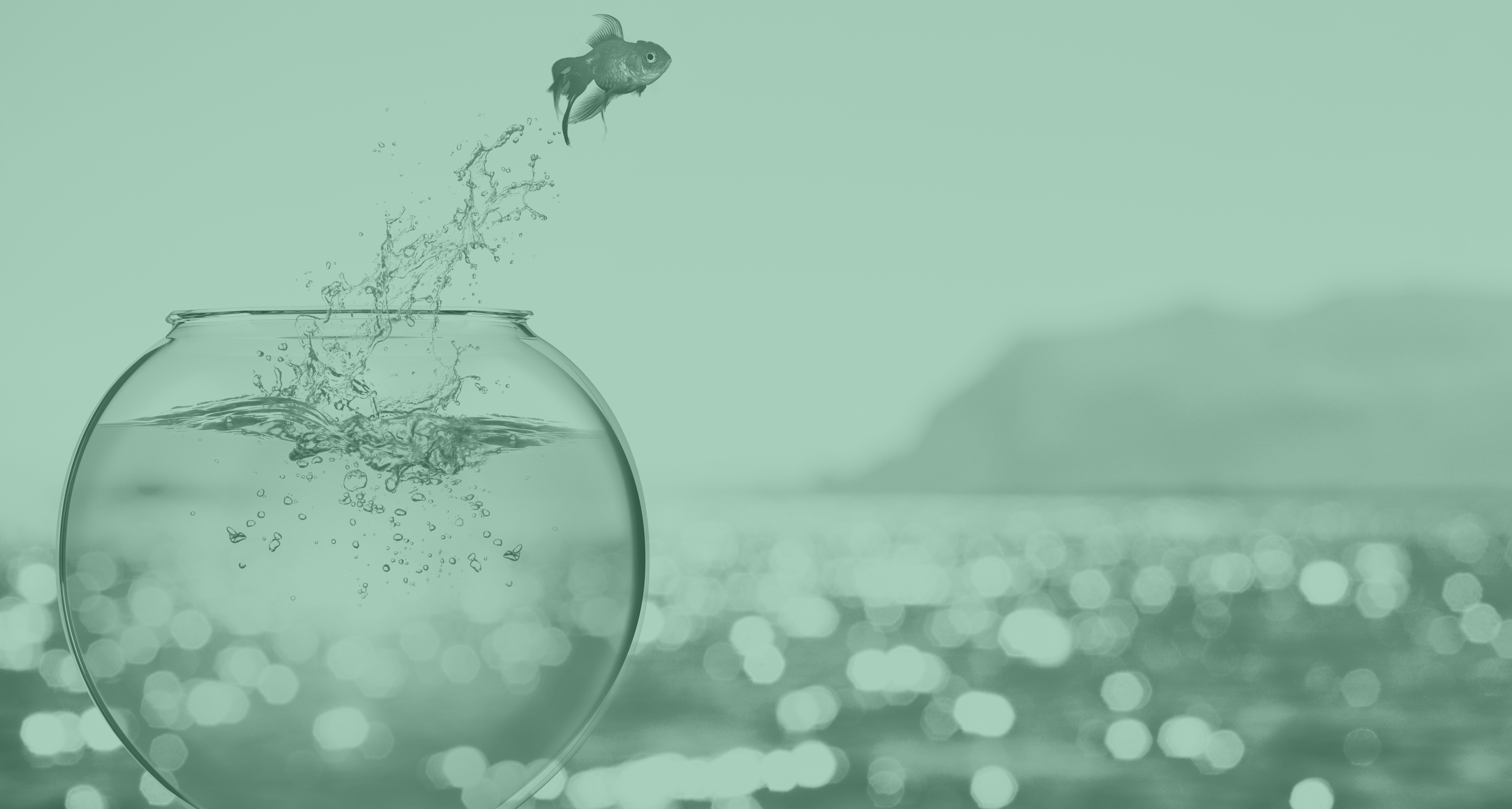Freedom from dependence comes when I admit complete defeat. After two years of discomfort and denial, I made the decision that I could not continue to live with the chronic pain in my head, simply ignoring it. Only two weeks later, I developed a plan alongside my loved ones and my doctors that started with the willingness to recover.
Prior to my sobriety I made a lot of wrong decisions. But what was born from the decision that my life had reached a point of unmanageability was the ability to start paving a new path and make new decisions. In the same way, after my stroke I made two years of wrong decisions. Rather than taking a full-time break from work and all the things I was used to doing, I kept going about my life as if I did not have a stroke. Without fully understanding the extent of the damage to my brain, my doctors did their best to help me develop a plan for getting back to life. I didn’t look like I had a stroke, so how bad could the damage be?
Early Recovery
My doctor’s encouraged me to mirror the recovery plan of patients with concussions. As with a stroke, a concussion is a traumatic brain injury that can cause similar symptoms to what I was experiencing. So, it made sense to approach recovery in the same way. The approach was that I would work for only fifteen minutes at a time, taking one to two hour breaks in between to rest my brain. The goal was to slowly increase the length of time that I was on the computer while still taking the same length breaks in between. Two years later, when I look back and think about that plan, I’m honestly not sure when I was increasing the amount of time that I was on the computer whether my head was hurting more and I was doing it anyway.
Freedom of Choice
As an active alcoholic I did not think that I had a choice to not pick up a drink. My body’s dependency on alcohol subsumed my mind as well. The disease of alcoholism made me believe that I no longer had the freedom of choice. In the days and months that I approached and became engaged in my sobriety program, I was introduced to the idea that I do have a choice. The choice started with willingness. For many alcoholics, that willingness comes out of desperation. My life could not continue in the same way, so I had to have the willingness to make a decision—a choice.
The day I sat out on my front porch just two months ago I was faced with the same desperation. To begin stroke recovery full time I had to make a choice to be willing to do whatever it took to relieve the pain. I once again had hit rock bottom and I needed help.
In both active alcoholism and post stroke denial, I had an unhealthy self-dependence. I was unwilling to reach outward for help. Having been taught our whole lives to strive towards independence, it seems to work against all that we know to reach out for help. However, in both situations, freedom came from allowing myself to depend on others.
In my sobriety program I have what is called a higher power. At the core of this higher power is my conception of God. What surrounds my conception of God is everything outside of myself—those that have believed in me, those that love me, that which is in the universe that I don’t understand, and that which exists right in front of me in nature that leaves me in awe. My higher power keeps me sober—all that came before me, that has lifted me up, and that will always exist as energy left in my life behind its wake gives me strength and hope. And in my stroke recovery, my higher power is helping me put one foot in front of the other until I find my way again. With so much uncertainty in my life right now, there is a freedom from dependence on my higher power.
Choose Happy
Every day I have a choice to be happy, and every day I choose happy. Some days I feel it, while other days I simply seek it. Amidst all the pain I have joy and serenity. When we are self-dependent, we don’t see all the people around us that are waiting for us to depend on them when we need it. We just have to make the choice.

